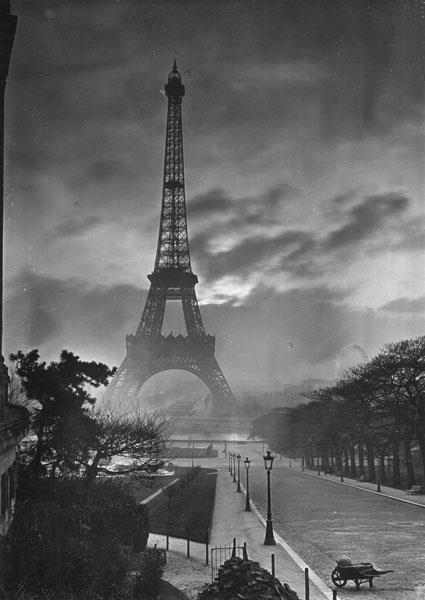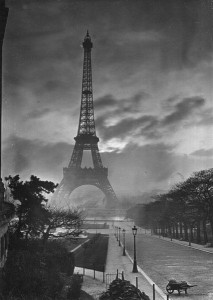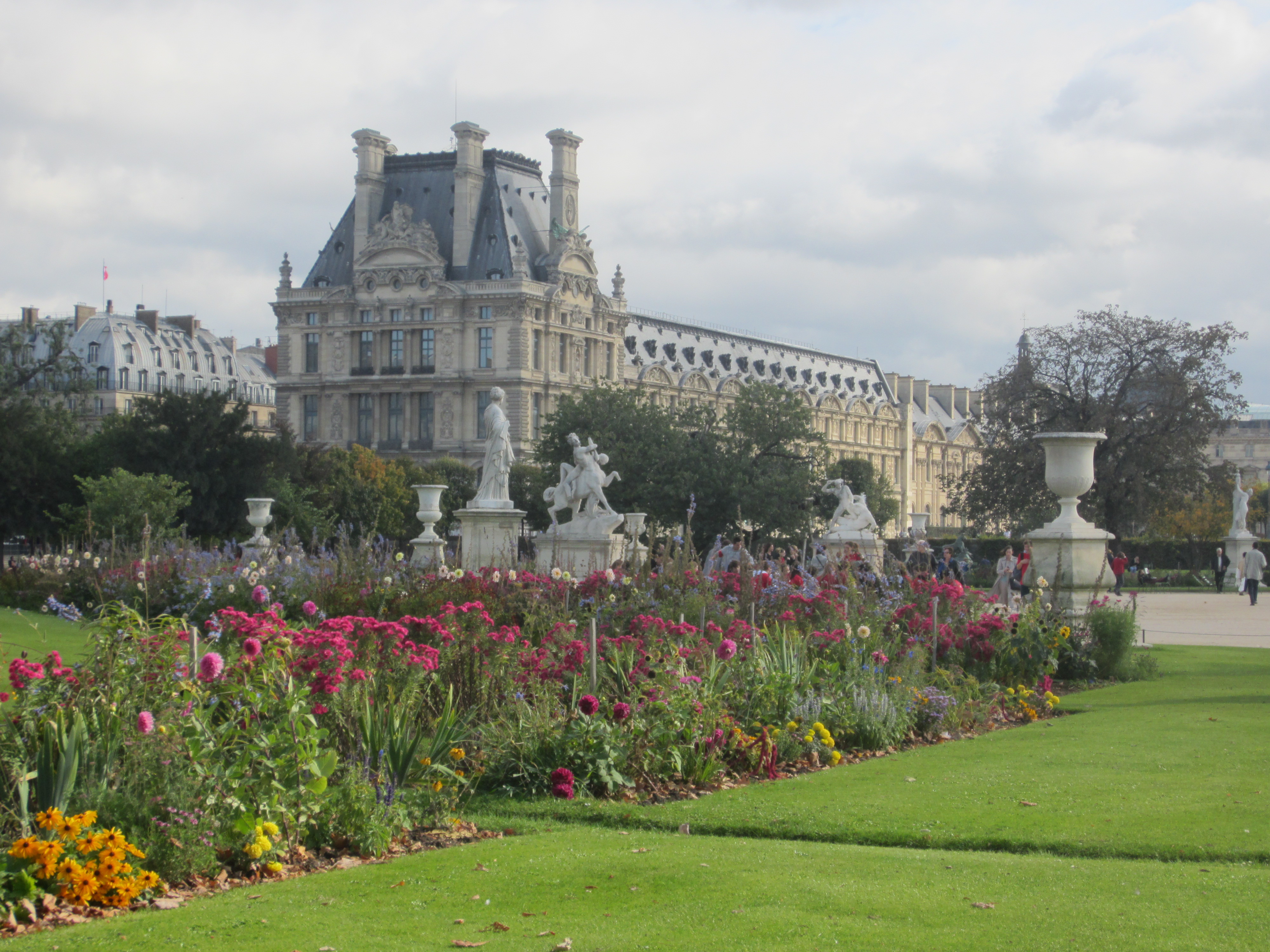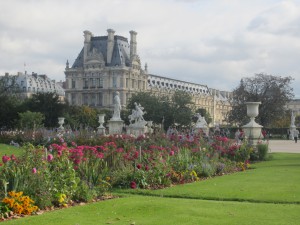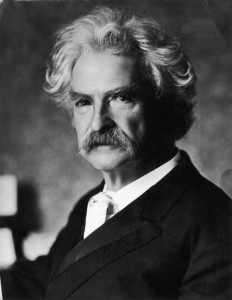 To Corliss Lamont
To Corliss Lamont
Via Santo Stefano Rotondo, 6
Rome. June 8, 1950
The argument from the simplicity of the transcendental ego is good, I think, but does not touch the “soul,” the psyche, or the person-and the crowning argument in the Phaedo about the number 3 being immortally odd (which you don’t dwell on in your summary of the arguments there) is also good but tautological: Socrates conceived as existing can never be (conceived as) dead; but it has nothing to do with time. This play between time and eternity in the more intelligent discussions of the subject has always interested and exasperated me. You have noticed, I see, what I think about Dante’s people in Purgatory and Paradise (in Hell they are more repetitions or continuations of their life on earth) that they are only the truth or the lesson of their existence in time, and evidently will never do anything or learn anything new. They are living monuments to themselves. But Dante could never have acknowledged that this is all that salvation can be, or union with God, who is non-temporal, because a material “other life” is required by the Jewish-Christian doctrine of the resurrection of the flesh.
Has the belief in heaven been more often a longing not to live, than to live forever? I almost think so. And you know the verses of St. Theresa and St. John of the Cross: “Muero porque no muero”.
From The Letters of George Santayana: Book Eight, 1948-1952. Cambridge, MA: The MIT Press, 2008.
Location of manuscript: Unknown.


